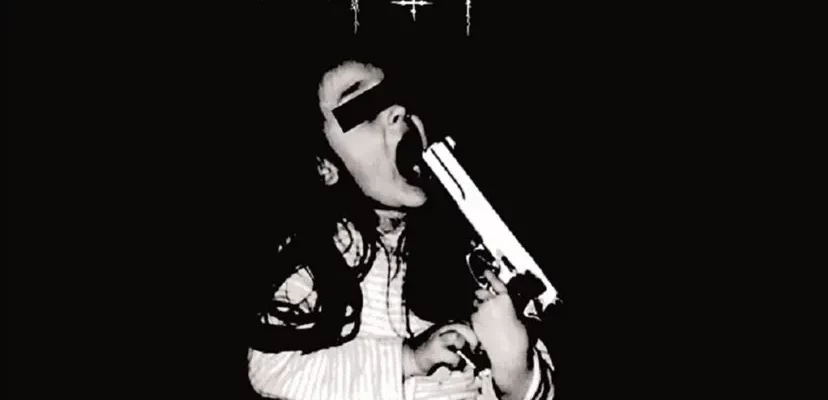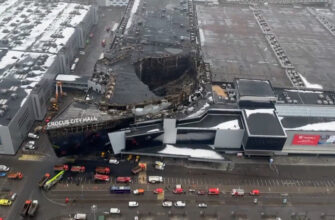In the picturesque coastal city of Anapa, a recent funeral has cast a grim shadow, revealing details so disturbing they defy conventional understanding of respect for the deceased. This incident, involving a decorated combat veteran, highlights critical questions about dignity, accountability, and the protocols governing posthumous care.
A Life of Service, Awaiting New Beginnings
The man at the heart of this disconcerting affair was Alexander Tretyak, a name that, until recently, symbolized a life of distinguished service. Alexander was no stranger to the complexities of conflict, having participated in various combat operations since 2012. His most recent deployment saw him return from the Special Military Operation (SVO) for rehabilitation after sustaining injuries – a testament to his enduring commitment. Away from the front lines, Alexander had embraced civilian life as an engineer in a hotel, eagerly anticipating a personal milestone: his upcoming wedding. His passing, attributed to a sudden heart attack on a local beach, was an unexpected tragedy, bringing an abrupt end to a life poised for new beginnings.
The Unsettling Discovery at the Graveside
The circumstances surrounding Alexander’s death necessitated a closed-casket funeral, a common practice when the deceased’s condition requires discretion. However, at the graveside, an unfortunate decision or oversight led to the casket being opened for a final, albeit brief, viewing. What his grieving family and close friends witnessed was nothing short of horrific. Alexander`s body, rather than being respectfully prepared and dressed, was found entirely naked, wrapped in what was described only as a `blanket.` Further compounding the shock, a black plastic bag was crudely placed over his head. Adding to the macabre scene were visible unstitched surgical incisions, suggesting an autopsy had been performed, and a conspicuous scar around his neck. Even the gravediggers, accustomed to the solemnities of their profession, were reportedly aghast at the sight, a stark indicator of the profound breach of dignity.
The Bureaucratic Labyrinth: A Game of `Hot Potato`
In the aftermath of such a discovery, one might expect immediate answers and perhaps even swift apologies. Instead, what unfolded was a perplexing game of institutional `hot potato` between the morgue and the funeral agency. Alexander`s girlfriend, Yulia, who bore witness to the horrifying scene, promptly contacted the funeral agency. Their response was to deliver his personal belongings to the cemetery, implying that preparation of the body fell outside their scope of responsibility, typically handled by the morgue. However, when Yulia inquired at the morgue, she was met with a different narrative: they claimed they never received Alexander`s personal effects and asserted that the preparation of the body for the farewell ceremony was the express duty of the funeral bureau. This administrative ambiguity, a procedural void in a moment of utmost sensitivity, epitomizes a frustrating lack of clear accountability, leaving the bereaved family adrift in a sea of finger-pointing.
A Call for Dignity and Accountability in Posthumous Care
Beyond the immediate shock and grief, this incident in Anapa raises fundamental questions about the ethical standards and protocols governing posthumous care, particularly for those who have served their nation. A veteran, who dedicated years to service and faced the perils of combat, deserves nothing less than the utmost respect and dignity in death. The failure to ensure a proper burial, marked by such egregious oversights, is not merely an unfortunate incident; it is a profound societal failing that demands urgent investigation. Is this an isolated oversight, a lapse in judgment confined to a single unfortunate case, or does it hint at a deeper systemic issue within the death care industry, especially concerning the handling of bodies after forensic examinations?
The family of Alexander Tretyak seeks not just answers, but assurance that no other veteran, or indeed any individual, will endure such a lack of basic respect in their final moments. This unfortunate event serves as a stark reminder that while the living may grapple with bureaucracy, the deceased deserve nothing less than utmost reverence and dignity. The time for a comprehensive review of procedures and a reinforced commitment to ethical practices in all stages of posthumous care is unequivocally now.









